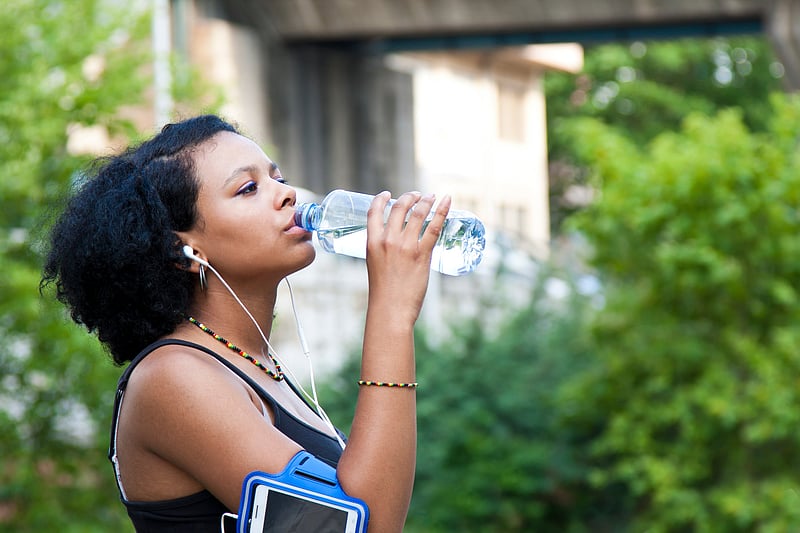155 SE 2nd Main St Hillsboro, OR 97123
Thank you for your patience!**
Now offering Flu Shots. Walk-ins available!
We also offer "Monoclonal Antibodies" treatment for patients with Covid-19.
Get Healthy!

- Posted July 22, 2023
Be Smart When Working Out in Steamy Summer Weather
It's hot out there. If you're working out outdoors this summer, take precautions.
“If you plan to exercise in the heat, know your fitness level, take frequent breaks, wear proper clothing, wear sunscreen, avoid hottest times of the day and hydrate, hydrate, hydrate,” said Melanie McNeal, physical and occupational therapy manager in the Joseph Barnhart department of orthopedic surgery at Baylor College of Medicine in Houston.
McNeal offered some additional tips for staying fit, even with the summer heat.
Be very cautious when you begin, especially if you do not typically exercise in the heat. You will have a lower tolerance to the heat, she warned.
Start slow and avoid extreme exercise. Take frequent breaks to hydrate. Avoid the hottest times of the day — work out early in the morning or in the evening.
Bring along more water than you expect to use. For a planned hour-long workout, McNeal suggests having at least 40 to 60 ounces of water on hand. You may need more if you sweat more.
A cooling towel can help decrease your body temperature. Use it throughout your workout, placing it behind the neck, under the arms and on the forehead for maximum benefit.
The best clothing for warm temperatures is lightweight, light-colored and wicks sweat. Dark colors and heavy material can make sweating worse.
Always use sunscreen. Don't work out in the heat if you have a sunburn because those burns can prevent the body from cooling itself, McNeal pointed out.
Sports that are done outside in the heat with heavy equipment, like football, are the most dehydrating. So are those where you move non-stop, including long-distance running and soccer.
Even swimming can cause dehydration depending on the temperature, distance, time and intensity.
“Swimming can be deceiving because when you're in the water, you don't realize you are sweating and losing water,” McNeal said in a college news release. “It is very important to take frequent breaks and hydrate with water or a drink that has electrolytes to replenish what you're losing.”
Swimming is a good exercise option for every age, she added. It requires both core strength and flexibility, activates all the body's muscles and builds heart endurance.
While working out, drink before you're thirsty.
“By the time you feel thirsty, it's already a sign the body is dehydrated,” McNeal said. “If you are exercising at very high intensities and/or long periods of time and sweating intensely, a sports drink is beneficial in addition to water to replace the sodium, chloride and potassium you lose in sweat.”
Stop working out immediately if you have any signs of heat-related illness. These are muscle cramps, nausea, vomiting, dizziness, headache, excessive sweating, low blood pressure or vision disturbances.
Move out of the heat to allow your body temperature to decrease. Hydrate with fluids and electrolytes.
You might just want to work out indoors, McNeal suggested. Visit the gym or take classes. Work out using an app or online membership. Use your body weight if you have little or no equipment.
More information
Ready.gov offers more tips for extreme heat.
SOURCE: Baylor College of Medicine, news release, July 12, 2023







